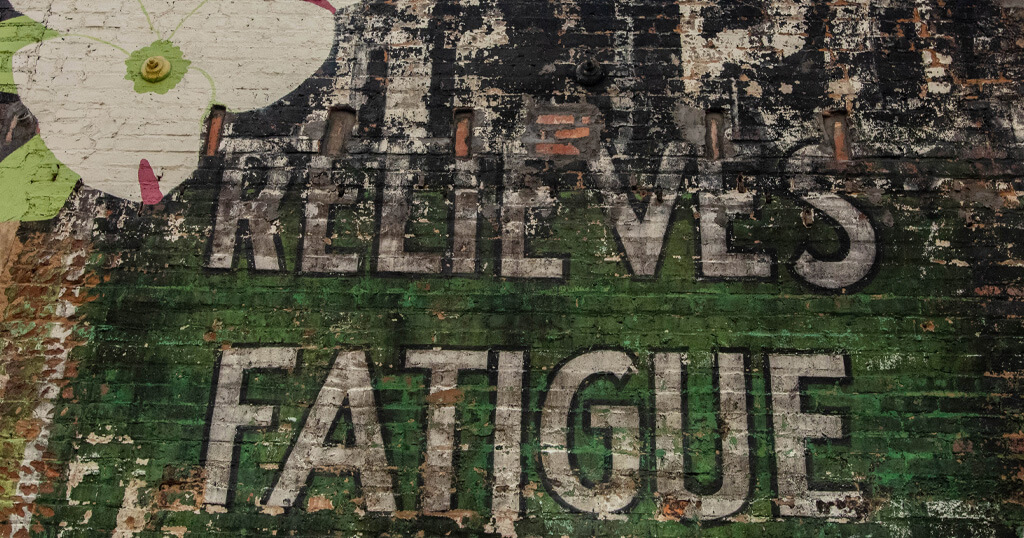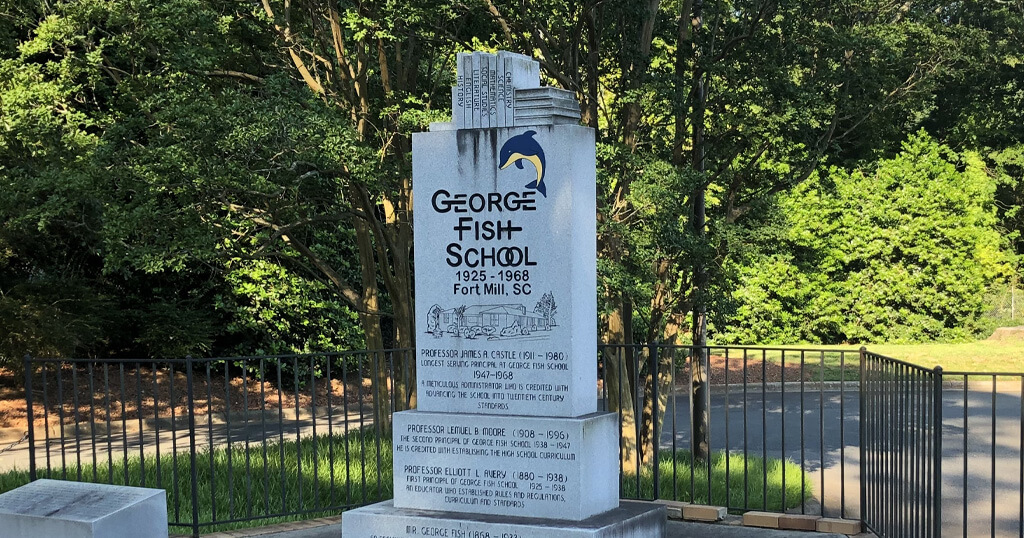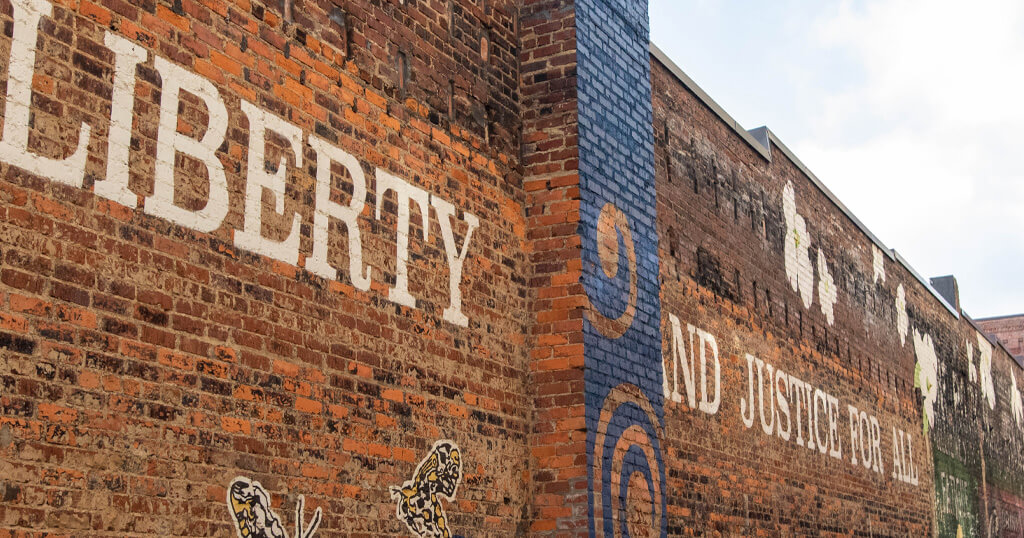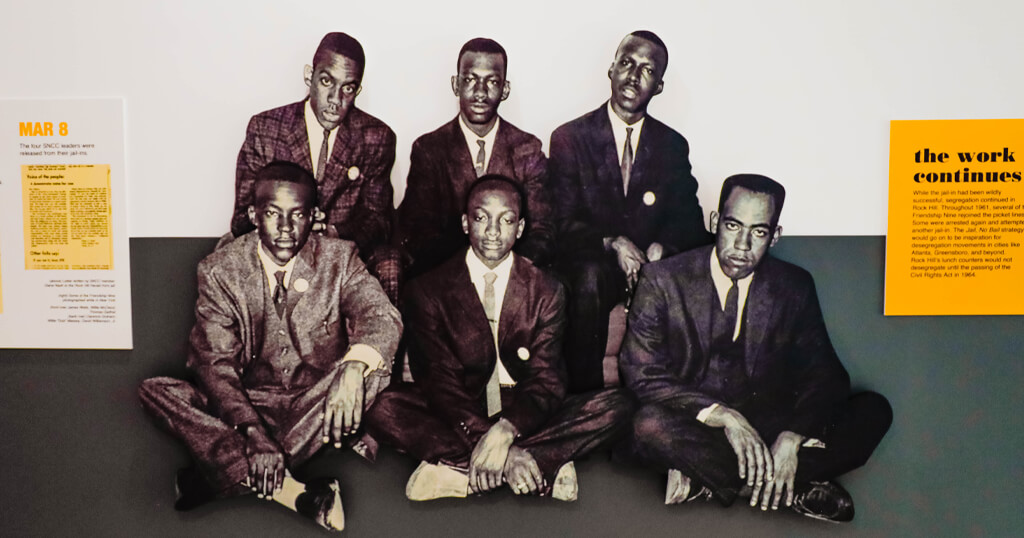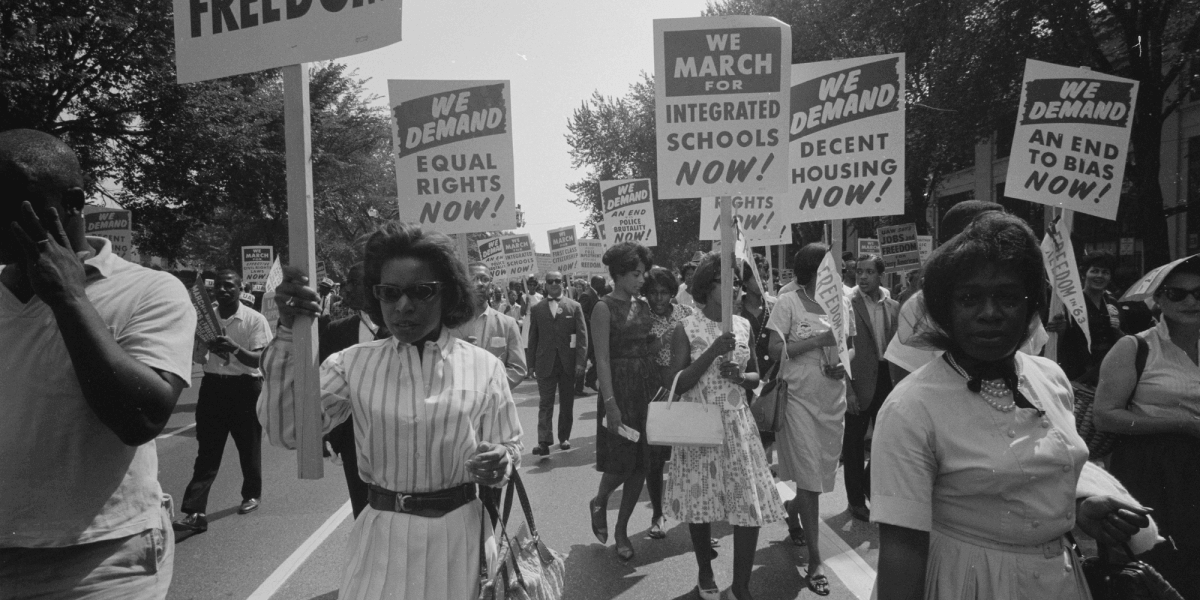
Civil Rights History
Civil Rights History in the OED
Marked by battles fought, lives lost and victories won, the extensive civil rights history in South Carolina can be experienced throughout the Olde English District. The following inspiring reflections of significant civil rights events are just a few of the must-see locations to visit.
The Brainerd Institute in Chester
The Brainerd Institute in Chester stands tall as a testament to the resilience of African American education in the face of adversity. Founded in 1868, this institution provided education to formerly enslaved people after the Civil War and its echoes can still be heard today. Dr. Vivian Ayers Allen, a graduate of the final class in 1939, became a Pulitzer Prize-nominated author and founder of the lauded Workshops in Open Fields cultural education program still used in Chester County today.
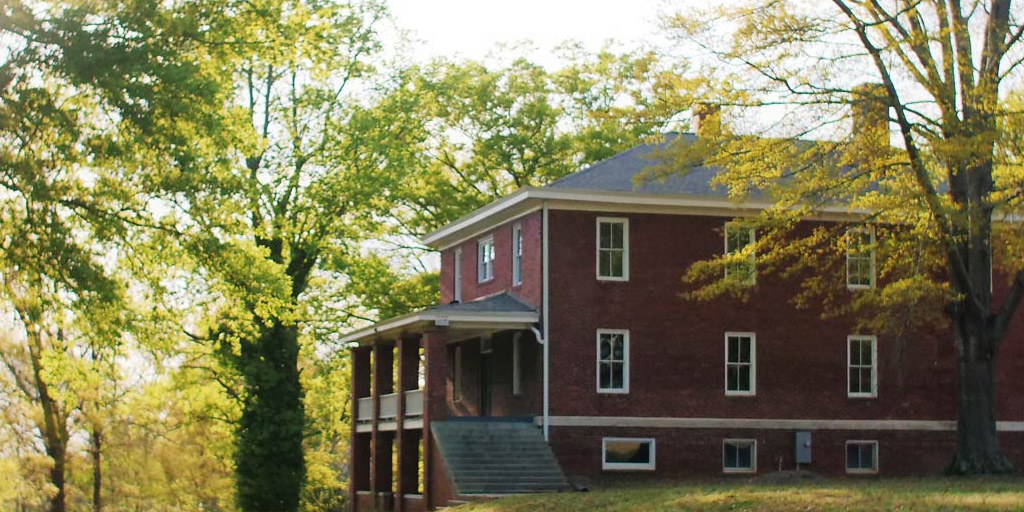
Freedom Walkway
Freedom Walkway, just off Main Street in Rock Hill, is a celebration of liberty and justice for all. The mural and bricked path weave together a visual narrative of how local African Americans fought for civil rights, including leader profiles of the past, present and future. With each step, visitors embark on a journey through civil rights history, tracing the footprints of those who led the way to civil rights and equality. Each year, the City of Rock Hill continues to honor these important principles by memorializing local “heroes” and preserving their stories.
The Friendship Nine
Rock Hill is also home to the “Friendship Nine” story, named for the students behind one of the most important protests for civil rights in South Carolina. The nine students, each of whom attended Friendship College, refused to pay their fine and instead served jail time after being arrested during a sit-in. The “Jail, No Bail” exhibit in Rock Hill is a poignant reminder of their sacrifice, transforming a moment into a movement with national attention.
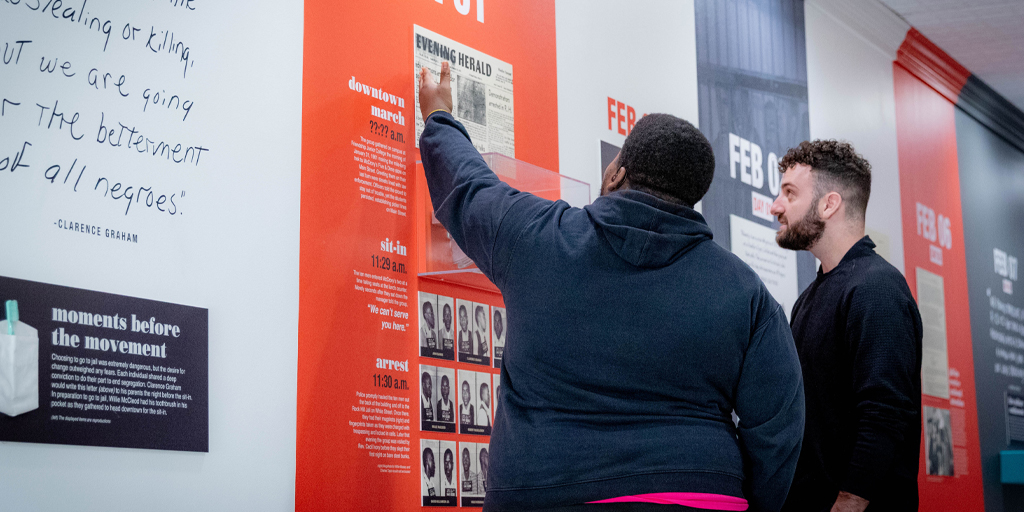
George Fish School Monument
While the structure no longer stands, the George Fish School Monument—located in Fort Mill—remains a symbol of African American education in the era before public school integration. Marking the school’s original site, the monument is a solemn reminder of the struggle for civil rights in South Carolina, those who bravely fought for future generations and how closely connected we are to the civil rights era timeline.

